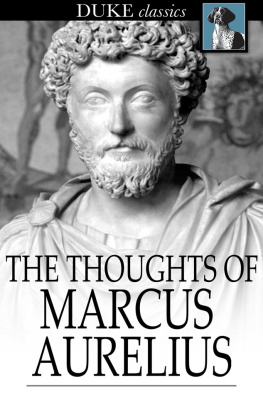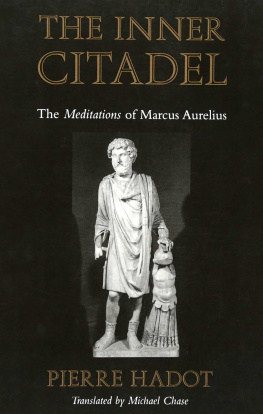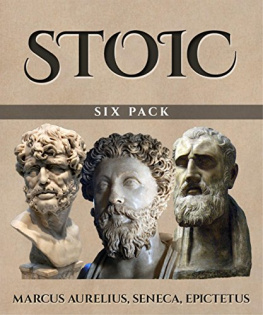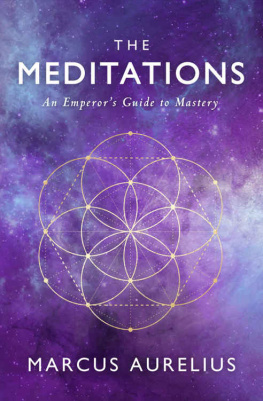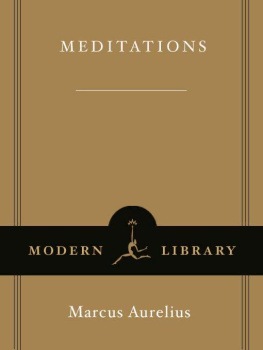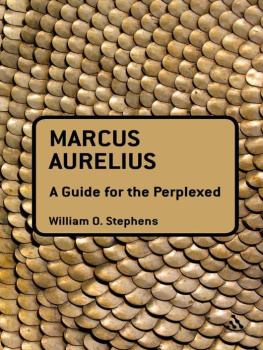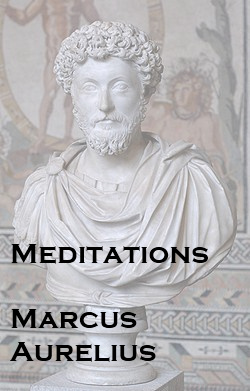* * *
The world today can seem like an insane place. People do strange things, harbour odd motivations, make irrational choices. We get caught up in the stuff of life, seemingly oblivious to the fact that this same stuff is making our lives worse, not better. We act as if we will live forever despite all the evidence to the contrary.
More often than not, we live for any time apart from the one we find ourselves in. We live for the future when well be rich or successful or famous or meet the person of our dreams. Or we live in the past if only we hadnt done that thing, if only wed taken more chances, if only wed come up with that devastating comeback to that kid who made fun of us at school.
This contrasts with a 'live for the moment, dance like no one is watching' vibe that, while attractive, is something most people struggle (and fail) to achieve. And when they do achieve it, they tend to focus on trying to maximise surface-level happiness. But this is often at the expense of a longer-term, more sustainable understanding of how to lead a good life.
Of course, we think of these things as particularly modern. Its obvious that were more status-driven than ever. We like our friends having the time of their lives on Facebook and Instagram. We refresh our social feeds a million times a day to combat the fear of missing out (FOMO). We follow Insta-celebrities and their carefully crafted anything-but-spur-of-the-moment posts. You know, the one about that thing that just happened that was so totally awesome.
But the truth is, these things are not so new. In fact, they would be completely recognisable to people throughout the ages. While our ancestors may not have had social media and smartphones, they almost certainly had all the ambitions and anxieties we have today (often with a more visceral appreciation that life can be brutally short).
Fortunately, some of them had the wisdom to find a way out. They were able to take a step back, to park the emotional attachment to the bigger, better, more, more, more. They were able to find a path to inner peace, self-reliance and genuine compassion for their fellow humans. They found an antidote to everyday crazy.
One such group were those that followed the philosophy of Stoicism. This articulated an approach to life that was centred on reason, fairness, justice, compassion and self-reliance. It was, at heart, a structured approach to flourishing in the face of day-to-day life.
While, today, the term stoic (with a small s) is often used as a description for someone who buries their feelings in a Mr Spock kind of way, the reality is quite different. Core to Stoicism is a deep appreciation for our common humanity and our place in a fundamentally interconnected universe. It emphasises the good of the many over the benefits to a few and stresses our duty to help those around us. But at the same time, it also recognises that, while we can try to help, all we can ever have control over is our individual thoughts (and even that can be a challenge).
Far from a long-dead historical artefact, Stoicism is an approach that has even more relevance today, when were all pulled this way and that by the competing demands of family, work and a life lived at the speed of the internet. Its why more people than ever are turning to this timeless wisdom to give them practical strategies for dealing with the fundamental craziness of modern life.
This pragmatic approach is key to Stoicisms appeal. Unlike some philosophies that are all about the thinking, Stoicism is fundamentally about the doing. Its no surprise then that Stoicism provides the foundations for modern effective treatments such as Cognitive Behavioural Therapy (CBT). Treatments that refuse to get hung up on all the questions of a tell-me-about-your-mother variety and focus instead on a How can we help fix this right now? approach.
But where do you start?
For many, the route in is via one of three philosophers: Seneca, Epictetus or Marcus Aurelius. Between them, these three cover the main ideas and practical applications of Stoic thought. And out of the three, its Marcus Aurelius and his Meditations that is often the gateway drug.
Marcus wrote the Meditations over a number of years between 170 and 180 AD. In this time, he was engaged in a war against the Germanic tribes and, as you can imagine, probably had his fair share of trials and tribulations.
The Meditations is split into 12 books and would have originally been written in medieval Greek. They were essentially a set of personal notes, not intended to be read by others. In this, they show the process of Marcus getting his head around what it means to live a good life by which he would have meant an honourable, virtuous and self-reliant one.
Importantly, the original Meditations must be seen in the context of being written by a Roman emperor of immense personal power, though beset on all sides by fractious politicians and an easily angered population that spanned the largest empire the world had ever known to that point.
He would have been keenly aware that job security was in no way a given (27 Roman emperors were assassinated over the lifespan of the empire). Beyond the danger of a knife in the back, these were perilous times where pandemics were rife and would sweep across the empire, killing thousands of people every day. Despite all this, Marcus is named as the last of the five Good Emperors for ruling over an age of peace and prosperity.
We should, of course, not be fooled into thinking of Marcus as some kind of saint (regardless of the impression given by Richard Harriss portrayal in the film Gladiator). This was a man who ruled with near absolute power over an empire where atrocities such as slavery were the norm. He was fundamentally a product of his time.
But neither should we write him off as a relic of the past. His thinking is, in many ways, surprisingly modern. He is a down-to-earth pragmatist. Ultimately, he has plenty to teach all of us about living life on this crazy, beautiful planet we call home.
Bringing Marcus up to date


